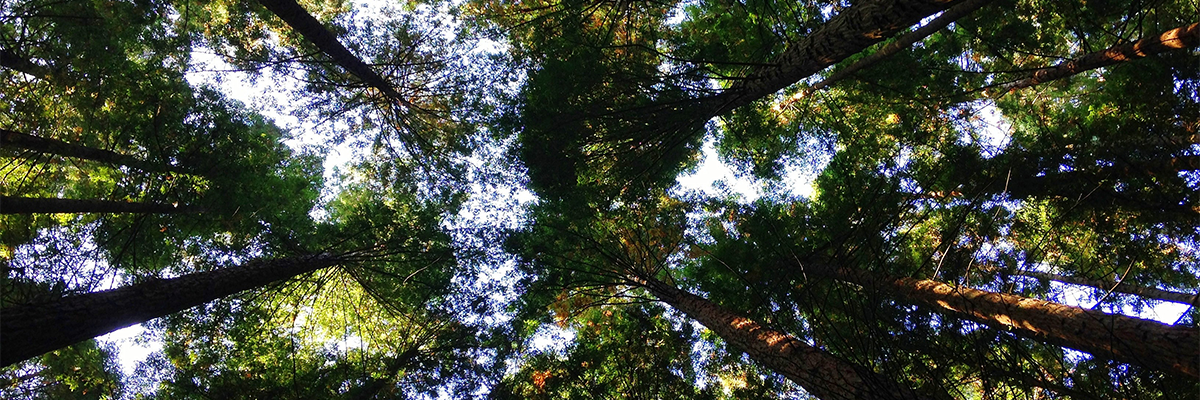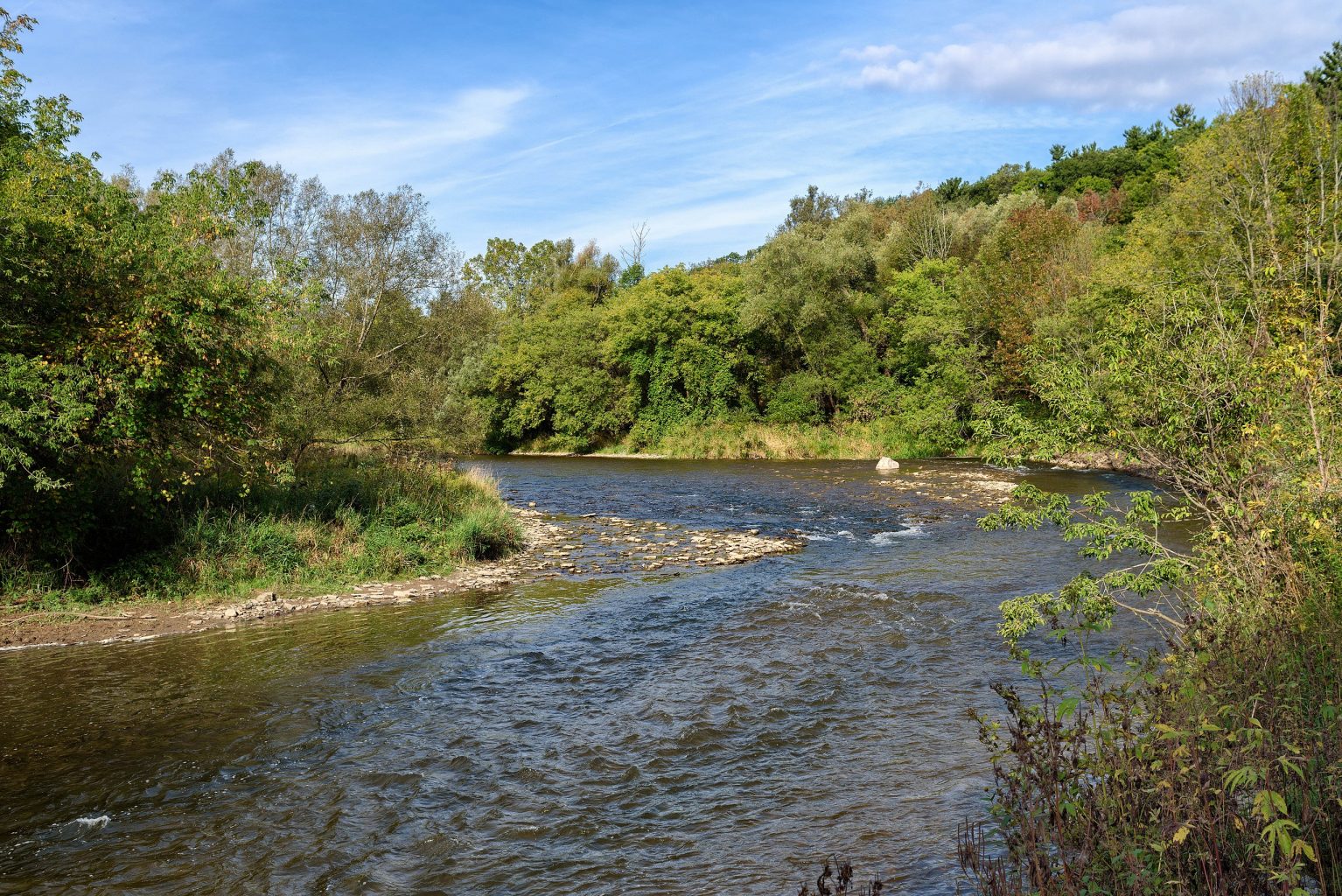The institutional members of the Association of Catholic Colleges and Universities in Canada join together on the occasion of Pope Francis’s apology to the Indigenous Peoples of this Land. We fully recognize that this apology will not undo the trauma and wounds experienced by Indigenous communities, particularly as a result of the residential schools that were owned and operated by Catholic religious orders. However, we believe this apology is an important step forward towards the goals of Truth and Reconciliation. In a spirit of prayerful and hopeful anticipation, we look forward to Pope Francis’s promised visit to Canada in order to offer his apology to the Indigenous Peoples, as they have requested.
Link to Pope Francis’s Remarks and Apology
About Us
The Association of Catholic Colleges and Universities in Canada (ACCUC) is an organization of Roman Catholic institutions of higher education located across all parts of Canada. The ACCUC acts as the official voice for Catholic higher learning in Canada, as it seeks to spread “the spirit of learning” throughout the country.
Sincerely,
Peter Meehan, Ed.D.
Chair, ACCUC
President and Vice-Chancellor, St. Jerome’s University, Waterloo
John Cappucci, Ph.D.
Vice-Chair, ACCUC
Principal and Vice-Chancellor, Assumption University, Windsor
Christopher Adams, Ph.D.
Immediate Past Chair, ACCUC
Rector, St. Paul’s College, Winnipeg
Chantal Beauvais, Ph.D.
Rectrice, Université Saint Paul/Saint Paul University, Ottawa
Shawn Flynn, Ph.D.
President, St. Joseph’s College, Edmonton
Lauretta Frederking, Ph.D.
President, Brescia University College, London
Rob Harasymchuk, M.B.A.
President and Vice-Chancellor, St. Peter’s College, Muenster
Sami Helewa, S.J., Ph.D.
President, Campion College, Regina
Michael Higgins, Ph.D.
Principal, St. Mark’s College, Vancouver
President, Corpus Christi College, Vancouver
David Malloy, PhD
President, King’s University College, London
Dawn Russell, Q.C.
President and Vice-Chancellor, St. Thomas University, Fredericton
Brigitte Quintal, BCL
President, College Universitaire Dominicain, Ottawa
Carl Still, Ph.D.
President, St. Thomas More College, Saskatoon
David Sylvester, Ph.D.
President and Vice-Chancellor, University of St. Michael’s College, Toronto
Gerry Turcotte, Ph.D.
President and Vice-Chancellor, St. Mary’s University, Calgary
Jason West, Ph.D.
President, Newman Theological College, Edmonton
Thomas Worcester, S.J., Ph.D.
President, Regis College, Toronto
Now that we are well into 2022, we’d like to take a look back at some of the events we were celebrating at St. Mike’s in December and January of this academic year.
- With the help of the Vice-President’s Working Group on Indigenous Awareness, the University of St. Michael’s College has begun to consider the priorities from the Truth and Reconciliation Commission’s Calls to Action on which we would like to focus. The working group received a list of suggested priorities and ideas from various departments, including the Dean’s Office, Campus Ministry, Facilities, Kelly Library, and more. The group has met to discuss these and plan to move forward with prioritizing the Calls to Action in our community.
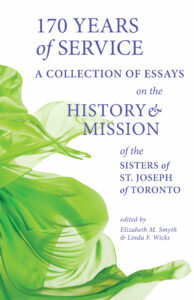
- A working committee has been struck under the leadership of Campus Ministry director Sonal Castelino to begin the process of engaging in Pope Francis’ Synod on Synodality. Listening circles will be held in the coming weeks.
- St. Mike’s welcomed Melodie Buhagiar and Lisa Gleva to the community. Melodie serves as the Director of the President’s Office and Secretary to Collegium. Lisa is our new Executive Director of Advancement.
- More than 130 people joined in the virtual launch of 170 Years of Service: A Collection of Essays on the History and Mission of the Sisters of St. Joseph of Toronto. The book contains several contributions from St. Mike’s faculty and alumni.
- For Let’s Talk Day on January 26, SMCSU and the Dean’s Office held an online Mental Health Seminar, and then offered a virtual screening of the film The Perks of Being a Wallflower.
- Congratulations to recent Faculty of Theology MDiv graduate Maria Drossos on her appointment as Director of the Metropolitan’s Office in Boston.
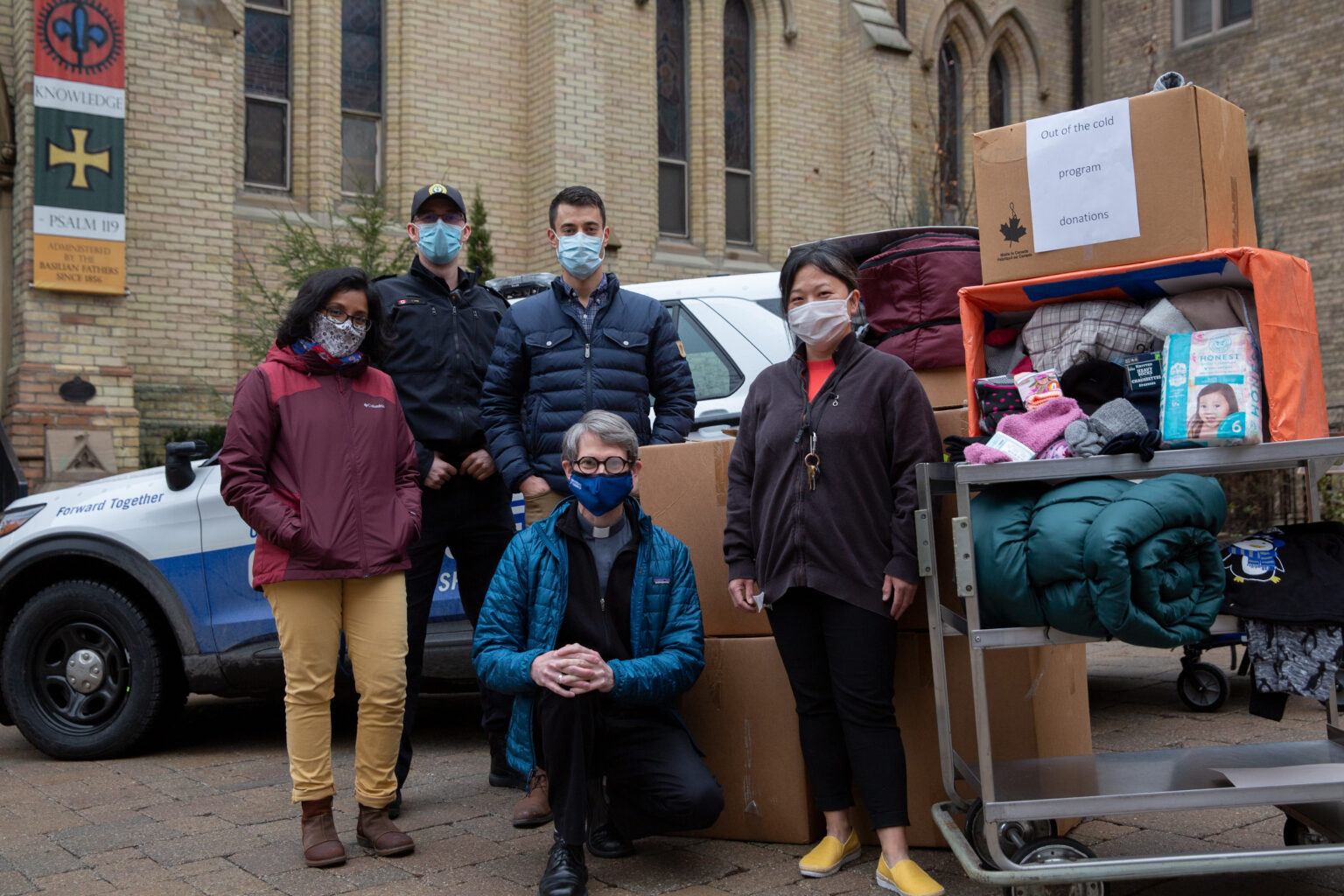
- Our friends at Regis College celebrated doctoral candidate Erica Siu Mui Lee, who recently passed her doctoral dissertation defense titled “Exploring the Contributions of Bernard Lonergan and Peter Phan to A Christian Trinitarian Approach to Religious Pluralism” with no corrections.
- In collaboration with U of T’s Campus Security, Campus Ministry collected 12 boxes of winter accessories for St. Basil’s Out of the Cold and $1,580 in gift cards for the Society of St. Vincent de Paul.
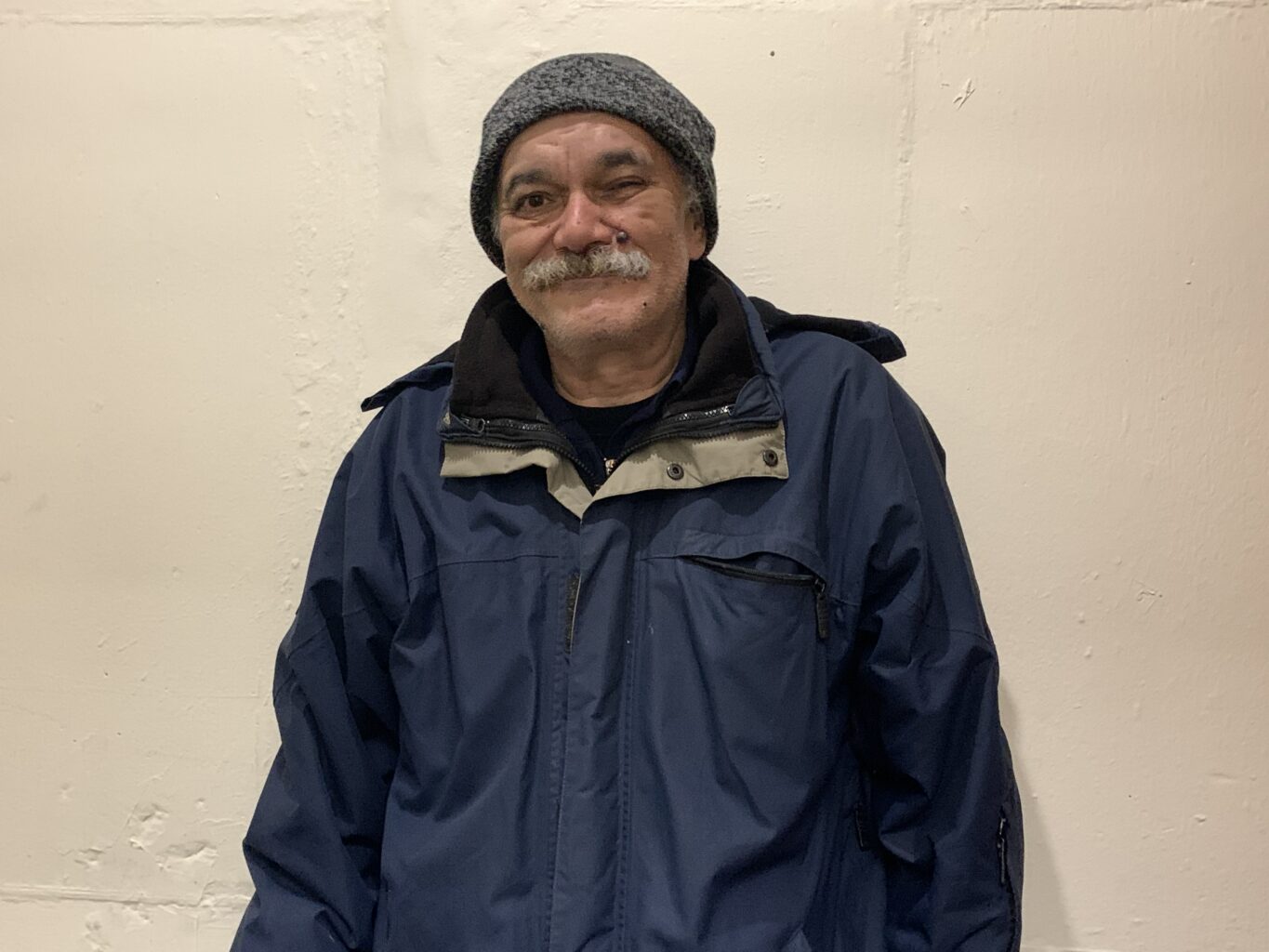
- Meanwhile, for the second year in a row, Joe Maiato rallied his Facilities and Housekeeping colleagues and ran also ran a fundraiser for the local Out of the Cold. The generosity of his department helped him raise $595! Well done, Joe!
- Students, faculty and staff came together—outside—to celebrate with a Christmas Festival in early December. A good time was had by all—and perhaps a Beaver Tail or two…
- As well, two socially distanced dinners—the Commuter Christmas Dinner and the Residence Formal—were held to celebrate the end of term.
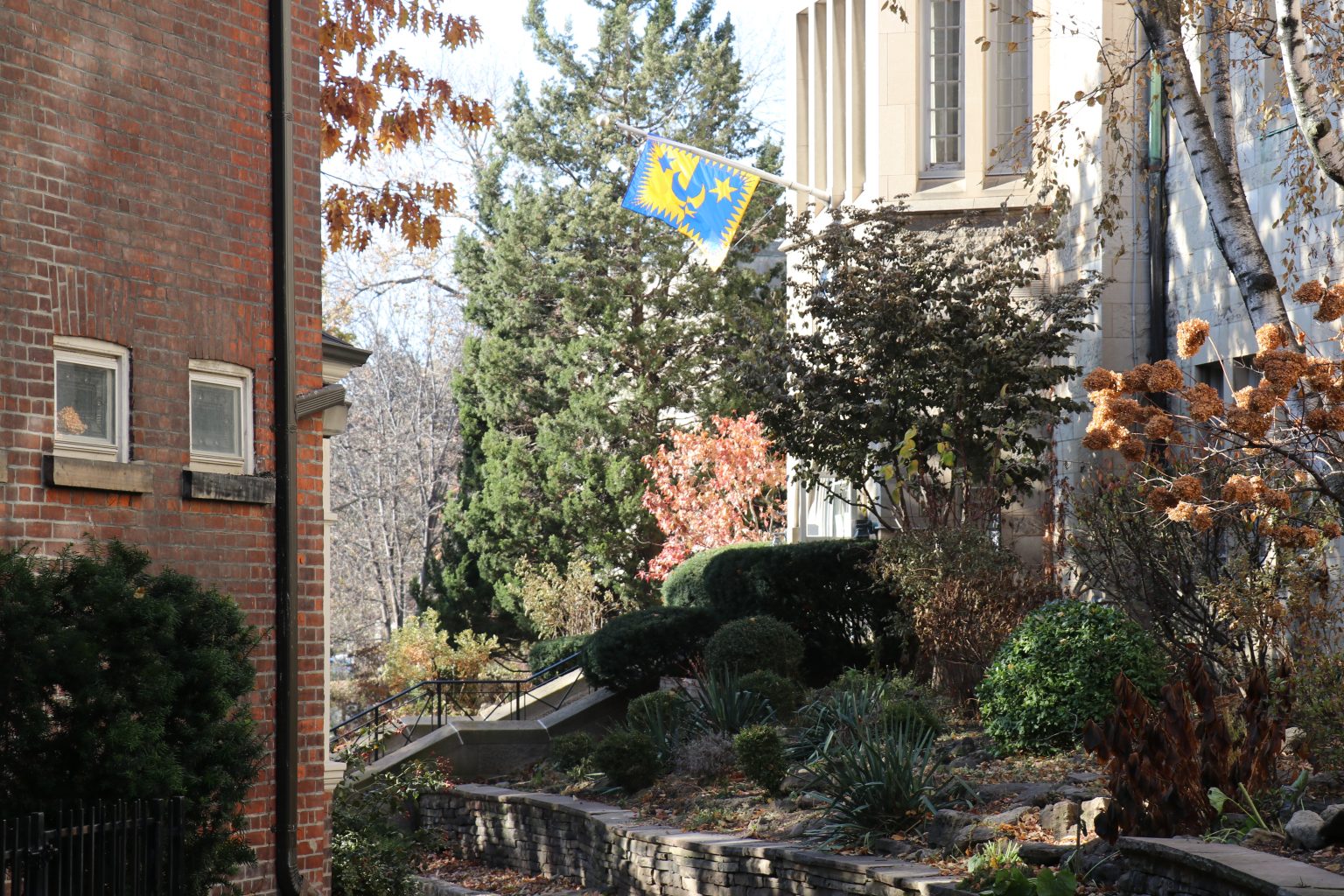
On September 30, the inaugural observation of the National Day for Truth and Reconciliation, the University of St. Michael’s College seeks to honour the tragic history and ongoing legacy of residential schools, and to remember the children who suffered, the children who never returned home, their families and the communities who continue to grieve. This responds to one of the Truth and Reconciliation Commission’s Calls to Action. Understanding this history and the continued impacts is essential to reconciliation.
St. Michael’s encourages all students, staff and faculty to continue to take the time to learn about the hard truths of residential schools – a system of oppression and colonialism forced upon Indigenous Peoples – and reflect on how these measures shape our present-day realities and continuing inequities.
Resources and events to mark the day are available both on and off campus. All members of the community are invited to take personal and professional action to be part of social justice and positive change.
READ
Recommendations from Interim Principal and Vice-President Mark McGowan. All books available from the Kelly Library.
- JR Miller, Residential Schools and Reconciliation: Canada Confronts Its History
- John S Milloy and Mary Jane McCallum, A National Crime: The Canadian Government and the Residential School System
- Milloy’s submission to the Royal Commission (1996) “Suffer the Children” is available online, as well
- Phil Fontaine and Kaila Johnston, A Knock at the Door: the essential history of residential schools from the Truth and Reconciliation Commission of Canada
- JR Miller, Shingwauk’s Vision: A History of Native Residential Schools
- James Daschuk, Clearing the Plains: disease, politics of starvation, and the loss of Indigenous life
- Olive Dickason, Canada’s First Peoples
- Bob Johnson, 21 Things You May Not Know About the Indian Act
Stories and reports from the National Centre for Truth and Reconciliation. The Truth and Reconciliation Commission (TRC) asked those affected by the legacy of the Indian Residential Schools system to share their stories. Based on these stories, they made 94 recommendations.
VISIT
- The Kelly Library for a virtual and physical book display highlighting core titles on Indigeneity in the pre- and post-colonial context in Canada. Titles include both popular contemporary fiction and several of the books featured above.
- Teaching and Learning as Treaty Peoples, a website from the University of St. Michael’s College offering resources for teachers (and others) on the relevance of Indigenous-Settler relations in Canada.
- Indigenous Studies – Research guides at University of Toronto available from UofT Libraries.
JOIN
- September 29, 11 a.m.
A facilitated discussion on Indigenous Education led by Desmond Wong, Outreach Librarian, discussing the 2017 Alanis Obomsawin film Our People will be Healed. Please watch this film ahead of time. It is available through UTL’s NFB Campus subscription. Participants will also be observing a moment of silence in commemoration of Residential School Survivors and the now over 7000 Indigenous children who did not make it home. Zoom Link to Join.
- September 29, 11 a.m.
Indigenous Research Network Launch—a new UofT a new Institutional Strategic Initiative. Zoom link sent once registered on Eventbrite: Inquiries can be forwarded to irn@utoronto.ca
- September 29, 5 p.m.
Roundtable of Algonquin Leaders on “Truth and Reconciliation & Museums” on how museums locally and nationally can work with the Algonquin Peoples and with all First Nation Peoples across Canada. Register to receive a Zoom link.
- September 30, 2 p.m.
A Hart House virtual event in recognition of the experiences of survivors of residential schools in Canada. Register for the Zoom link.
- October 5, 7 p.m.
In response to the TRC’s Call to Action #59, St. Basil’s Church is offering a discussion series that focuses on the following themes: the spirituality of Canada’s Indigenous Peoples, the history and involvement of the Catholic Church in the residential school system, and the TRC as a roadmap in discerning a path toward healing. October 5, 12, 19, 26 from 7:00 to 9:00 p.m. Register online or email virginiaann.mervar@utoronto.ca for more information.
WEAR & SHARE
- Whether you are working or going to school online or in-person, wear your orange shirt on September 30 to show your solidarity with Indigenous people.
- Download an Orange Shirt background for use on Zoom or Teams calls.
- #EveryChildMatters #TRC
Andrea Nicole Carandang resides on the traditional territories of the Haudenosaunne, Anishinabewaki, Mississaugas of the Credit First Nation, Mississauga and Wendake-Niowentsio. She is an immigrant from the Philippines and moved to Canada with her family at the age of 10. In 2018, she graduated from the University of Toronto with her Honours Bachelor of Arts and Bachelor of Education and received her certification from the Ontario College of Teachers the same year. She recently completed her Master of Divinity at Regis College.
Starting Over and Taking Action
I first heard the news of the discovery of the remains of 215 children at the former Kamloops Indian Residential School, located in the community of Tk’emlúps te Secwépemc via social media. I began reading about the news and felt a wave of sadness, horror, and grief take over. Little by little, statements were released by Catholic religious groups, bishops, and institutions. (Since then, more discoveries have been made, the most recent being the discovery of 751 unmarked graves near the former Marieval Indian Residential School by the Cowessess First Nation.) As I saw these statements being released, I asked myself: How can I respond?
The question of responding to the issue of residential schools and its ongoing effects is not entirely new to me. This passion was first ignited during my time at St. Mike’s, through a placement I completed for one of my classes for my Christianity and Culture program. For this placement, I was able to work at Mother Teresa Middle School in Saskatchewan, which served inner-city, at-risk youth, most of whom were Indigenous. Through working at the school, visiting reserves, learning about Missing and Murdered Indigenous Women and Girls, and the release of the Final Report of the Truth and Reconciliation Commission of Canada, I realized the importance of engaging in the work of reconciliation. Upon my return to Toronto, I decided to take Indigenous Studies as my minor.
My Indigenous Studies classes only served to affirm the importance of reconciliation, particularly as a Catholic. According to the Truth and Reconciliation Commission, out of the 130 schools listed on the Indian Residential Schools Agreement, 61 were operated by the Roman Catholic Church. In these things, the Church was complicit and helped to advance views of Indigenous Peoples, traditions and cultures as inferior. The Canadian Conference of Catholic Bishops has already issued an apology for the Church’s involvement in the residential schools, along with the Missionary Oblates of Mary Immaculate (who operated the school in Kamloops and have since issued a new statement) and the Jesuits. The Pope, however, has not issued an apology, as requested under Call to Action #58, though he acknowledged the discovery of the remains on June 6. “The residential schools, as demonstrated by the Commissioners, saw the physical, emotional, sexual and spiritual abuse of Indigenous children, the traumatic effects of which can still be seen today.”
These apologies are important and necessary, but I know that they need to lead to the hard work of reconciliation. As a Catholic, I cannot just wait for the hierarchy to engage in this work; I am also part of the Church, and thus have a responsibility to engage in the work of reconciliation.
The question of engaging in reconciliation takes on a new meaning for me as a Filipina Catholic. This identity becomes extra important in one of the circles I navigate, where, unfortunately, the conversation around residential schools and reconciliation has been virtually non-existent. I spoke with another Filipina Catholic in a leadership position within this circle who was shocked to learn that there were other residential schools in Canada aside from the one in Tk’emlúps te Secwépemc. But even in bringing this up, that circle has not initiated any conversations around the issue of residential schools, even though it is public knowledge that the Catholic Church played a massive role in the administration of residential schools.
That circle is primarily together by virtue of our Catholic identity, but we share the commonality of being mostly Filipinos and Filipinas who are either all first-generation immigrants or children of recent immigrants. As immigrants to Canada, we have a responsibility to learn the full history of the land on which we reside, which includes residential schools and their ongoing effects on Indigenous peoples. Through my post-secondary studies, I was able to do this, and now I feel a responsibility to share the knowledge and resources I have with others who may not know where to begin.
One of the ways I have done this is through contributing to Teaching and Learning as Treaty Peoples. I looked for resources created by Indigenous peoples that can be incorporated into St. Mike’s curriculum, and I wrote several blog posts to present this information on the website. Through this research, I learned there is a diversity of ways Indigenous content can be incorporated into Christianity and Culture and Book and Media Studies, two of the programs sponsored by St. Mike’s. Most recently, I created a 30-day reading plan of two of the documents released by the Truth and Reconciliation Commission. I encourage my fellow Catholics (and you, the reader) to take 10–15 minutes a day read a few pages of these documents to learn more about residential schools. This second resource is merely the beginning of learning about residential schools, but it is through education that we can take action.
There is more that can and should be done. To me, this means having hard conversations with fellow Catholics about the importance of learning about the history of residential schools and of acknowledging that the Church has done wrong. Learning the truth and working towards reconciliation with Indigenous peoples is hard work, but it is necessary. To me, this is part of hungering and thirsting for righteousness (Mt 5:6), and is thus a way to live out Jesus’ teachings in the Gospels. While the residential school system has shown some of the ways in which the teachings of Christ and of the Church have been distorted to pursue harmful ends, the work of reconciliation can also be fueled by a response to Christ’s teachings. As I engage in this work, I pray and work towards truth, justice, and healing, and ask and challenge you to do the same.
Read other InsightOut posts.

